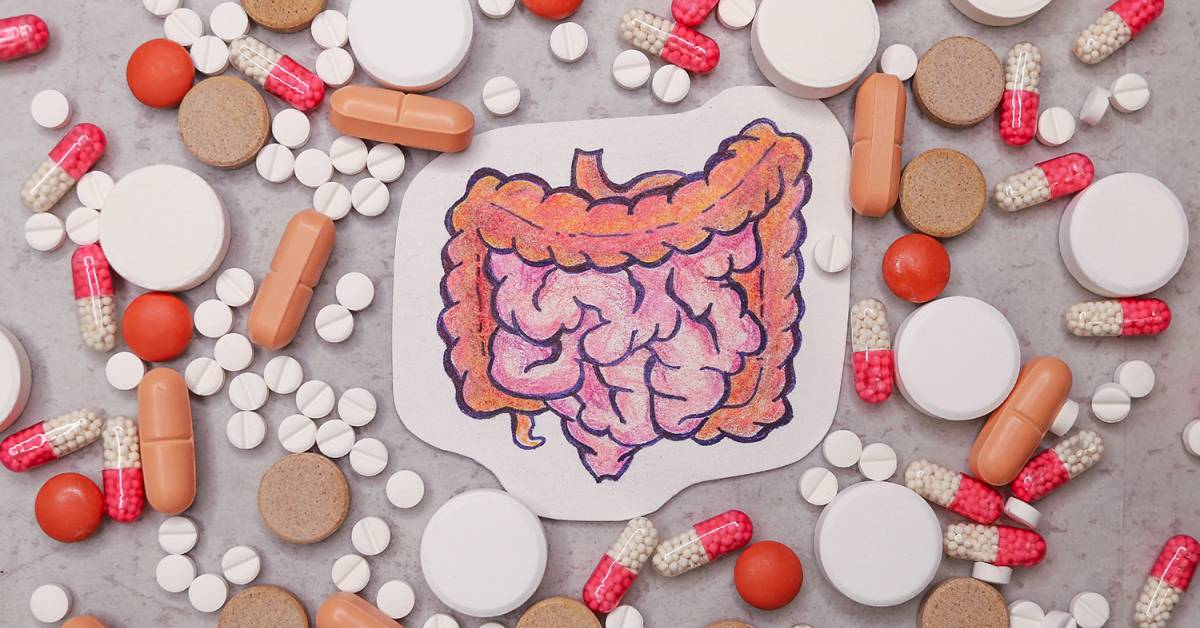Proper nutrition is one of the key components of achieving success in sports. What you put into your body can either boost athletic performance or hold you back from reaching your potential.
Macronutrients – The Foundation of Sports Nutrition
Carbohydrates, proteins, and fats – known as macronutrients – provide the body with energy and build muscle. Let’s break down each macronutrient and its role in sports:
Carbohydrates – Fuel for Athletic Performance
Carbohydrates are the primary source of energy for working muscles. They spare muscle glycogen stores and provide a steady release of glucose into the bloodstream during exercise. Athletes should get 5-10 grams of carbohydrates per kilogram of body weight per day, with a higher intake on heavy training and competition days. Good sources of carbohydrates include fruits, vegetables, grains, legumes, dairy, and sports drinks/gels. Low GI carbohydrates like oatmeal provide sustained energy compared to high GI options like sports drinks.
Protein – Essential for Muscle Recovery and Growth
Protein builds and repairs muscle tissue broken down during exercise. Endurance and strength athletes should aim for 1.2-2.0 grams of high-quality protein like meat, fish, eggs, dairy per kilogram of body weight daily. Post-workout protein intake within 30 minutes aids recovery and adaption. Protein should make up 15-30% of total daily calories.
Fats – A Vital Energy Source
While often feared, fats play an important role in Sports Nutrition. Dietary fats provide essential fatty acids and aid the absorption of fat-soluble vitamins. Athletes should get 20-35% of calories from fats, focusing on unsaturated sources like avocados, nuts, seeds, salmon. Omega-3 fatty acids found in fish and flaxseeds support joint health and reduce inflammation.
Micronutrients – Essential Vitamins and Minerals
In addition to macronutrients, athletes must consume adequate micronutrients from a variety of foods to support overall health and immune function:
Iron – Transport oxygen in red blood cells and prevent anemia. Dark leafy greens, dried fruits, meat are good sources. Low intake can lead to fatigue.
Calcium & Vitamin D – Build strong bones and support muscle function. Dairy, leafy greens, fatty fish contain these nutrients.
Zinc & Magnesium – Support metabolism and protein synthesis. Zinc found in shellfish, red meat, pumpkin seeds. Magnesium in leafy greens, nuts, seeds.
Vitamin C & E – Antioxidants that reduce exercise-induced free radical damage. Citrus fruits, berries, broccoli contain vitamin C. Nuts, seeds, vegetable oils rich in vitamin E.
Hydration – Fuel Performance with Water
Water makes up over 50% of the human body and is essential for physiological and biochemical processes. Being even mildly dehydrated can negatively impact exercise capacity. Athletes should drink according to thirst and consume 0.5-1 liter of water for every kilogram lost through sweat during exercise to replace fluids. Electrolyte-added sports drinks can also boost hydration over long sessions in hot environments.
Supplements – Enhance Nutrition but not Replace Whole Foods
While supplements cannot replace balanced whole food nutrition, a few may provide additional support to athletes based on individual needs and goals:
Protein Powder – Convenient way to boost protein intake, though whole food proteins should remain priority.
Creatine – Supports muscle energy stores through increased phosphocreatine levels and aids high-intensity exercise capacity.
BCAAs – Stimulate protein synthesis and prevent muscle tissue breakdown. Beneficial for endurance athletes.
Omega-3s – Support joint health, reduce inflammation in strength and contact sport athletes.
Pre-workout – May boost energy levels, focus through natural caffeine and B vitamin content if tolerance is established.
Proper sports nutrition optimizes physiological functioning and aids recovery between workouts. While calorie and macro-nutrient needs depend on the individual and type of sport, following some basic guidelines on fueling carbohydrates, protein, hydration, micronutrients, and supplements as outlined can support athletic goals. With dedicated focus on nutrition alongside training, athletes can achieve peak performance.
*Note:
1. Source: Coherent Market Insights, Public sources, Desk research
2. We have leveraged AI tools to mine information and compile it




